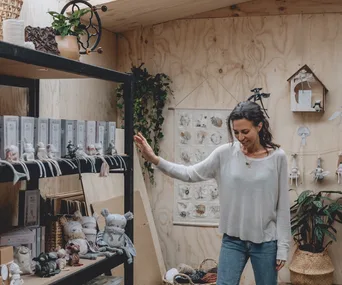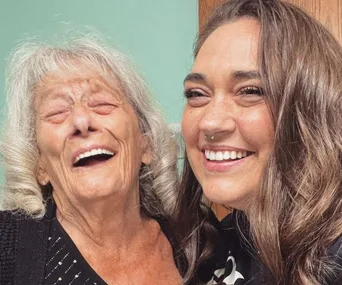Any one of us could be put in a position at any time where a loved one needs our help. Every day across Australia, more than 2.65 million carers provide care and support to people living with disability, chronic or life-limiting illness, are frail aged or have a mental illness, alcohol or drug-related condition.
Every day, they put all or part of their lives and ambitions aside to care for others, giving up their job or studies. Seven in 10 of these carers are women, and becoming a carer increases their financial vulnerability as they sacrifice an income.
They work around the clock, yet their work goes unpaid and often unnoticed. There are no sick days, no annual leave, no superannuation. This adds up, enough to break her in later life, putting her retirement at risk. But providing for someone she loves shouldn’t take food from her table.
It would cost the government $77.9 billion to replace this care with formal paid services. If family members are no longer supported to provide valuable care to children, siblings, partners or parents, the impact to our healthcare system and NDIS would be crippling.
THE STATS
- The average length of time a carer is out of the workforce is 11.5 years
- This means on average a carer will lose $392,500 in lifetime earnings by 67; and
- $175,000 in superannuation at age 67
We at Take 5 and Are Media believe that all unpaid carers have a right to their superannuation and a safe future. We’re calling on the government to guarantee super for carers, like Emma and Jesse-Grace, below, and thousands of others. Sign our petition at change.org/costofcaring
“Being a carer is like drowning while holding your child above sea level”
Emma Gierschick OAM, 56, Melbourne, Vic
I was 13 weeks’ pregnant when the doctor scanned my tummy and got a serious look.
“There are markers indicating Down syndrome,” she said.
I didn’t know much about the condition, but I did know I would love my baby.
“All that matters is that she’s alive,” I said.
Amelia arrived in July 2012, and as I held her, I felt a wave of emotion.
“I’ll always love and protect you,” I told her.
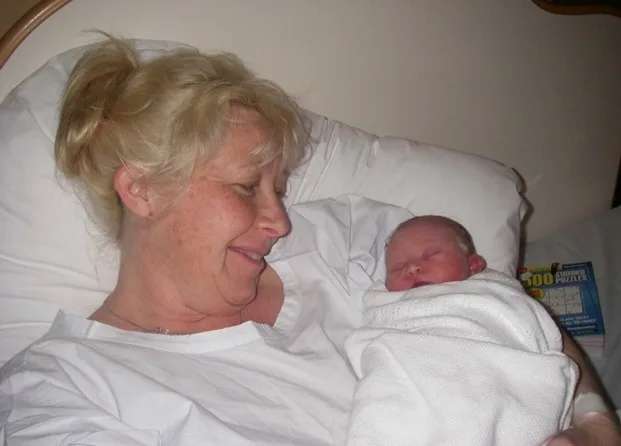
Amelia was neutropenic, meaning she has low immunity, so she was moved to a special care unit. She also had a hole in her heart and trouble feeding, so needed a feeding tube.
My relationship was not happy though and my partner was abusive.
When Amelia was 20 months old, I had finally squirrelled away enough money from my maternity pay to escape, and a 40-year protection order was put on my ex.
Now, I was a single mum to a baby who needed full-time care, which meant I was unable to work. We barely scraped by on the single parent pension, which later changed to carer’s payment.
We were so poor that some days I could only afford a tin of beans, and I’d give my portion to Amelia.
Withdrawing $40,000 from my superannuation, I used it to pay rent and for Amelia’s medication.
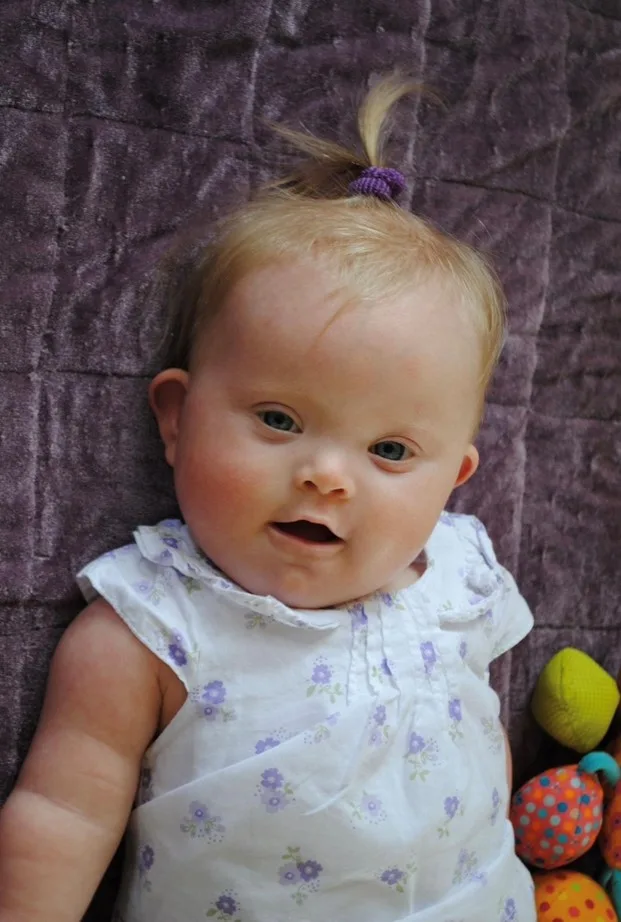
The restrictions around work for carers placed us in a poverty trap.
Before Amelia was born, I was an award-winning internationally successful senior lecturer in natural medicine. It felt debilitating to not be a part of society anymore.
Then, in April 2015, when Amelia was three, I was in the shower, when I felt a lump in my left breast. A mammogram revealed it was stage two breast cancer.
I don’t have time for that, I thought.
Two weeks later, a friend looked after Amelia while I had a lumpectomy.
She went to family day-care when I needed chemotherapy and I took her with me to my radiation appointments, where the nurses watched her.
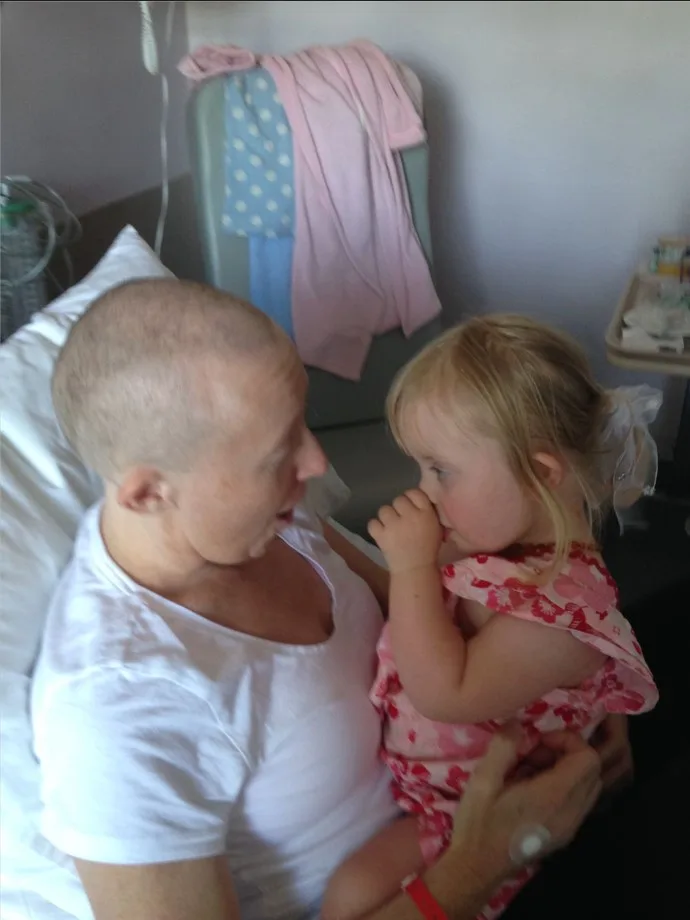
To protect her when I lost my hair, I bought funny, colourful wigs and pretended that we were playing dress-up.
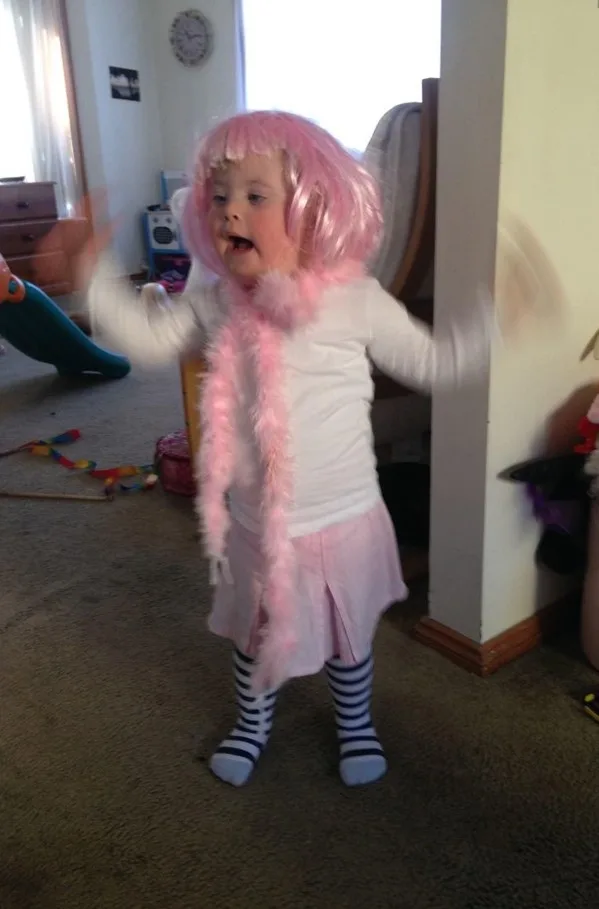
I had an adverse reaction to the chemo, and it made me lose the ability to walk. Instead of frightening her, I turned it into a game and let her ride on my back.
“Mummy is a horsey!” I croaked as I crawled across the kitchen floor, to heat her dinner.
My body continuously groaned with pain, but I had to keep going.
When you’re a carer, there are no sick days.
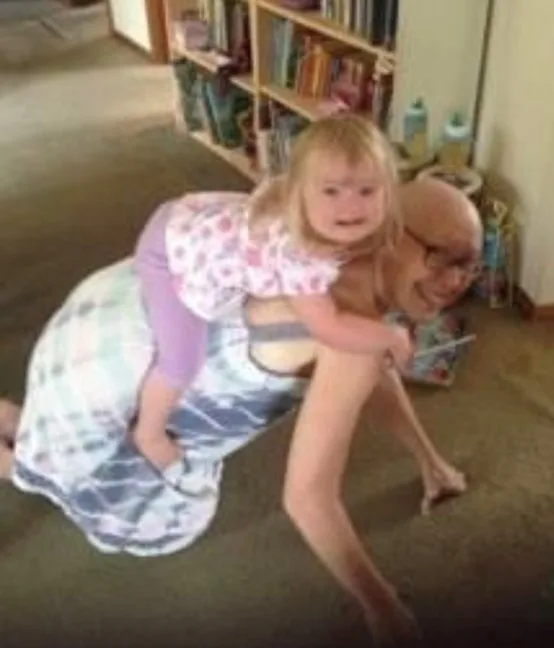
With the little free-time I had, I advocated for children with disabilities who experience domestic violence. I was shocked and delighted when I was named Woman of the Year in 2019 for my efforts.
Now, Amelia is 11, and I’m in remission. She goes to a mainstream school five days a week, but I often need to be there with her and accompany her on activities.
The carer’s payment – $1116 fortnight – is barely enough to live on.
“Being a carer is like drowning while holding your child above sea level,” I try to explain to people.
Amelia is a happy and well-adjusted young girl, but she will always need full-time care. She’s friendly, strong and cheeky.

“I’m so lucky to be your mum,” I tell her.
“I know,” she replies, grinning.
I constantly worry about the future and the lack of superannuation for carers. That is why I’m supporting this campaign.
I worked hard my whole life and I’ve been awarded for my professional accomplishments. Now I feel like I’m forgotten.
Even though caring for my daughter is my proudest achievement, I’m fearful as a full-time carer that I won’t have any superannuation to retire on.
“I get looked down on for not having a regular job”
Jesse-Grace Gibbs, 35, Landsdale, WA.
My nanna Angela, pulled me in for a big hug.
“You’re my fourth daughter, and I’m your second mum,” she said.
My mum, Julia, and I had lived with Nanna and my grandad, Vic, since I was born.
Mum had degenerative eye disease and one eye had been removed, so Nanna and Grandad cared for me. I had a happy childhood.
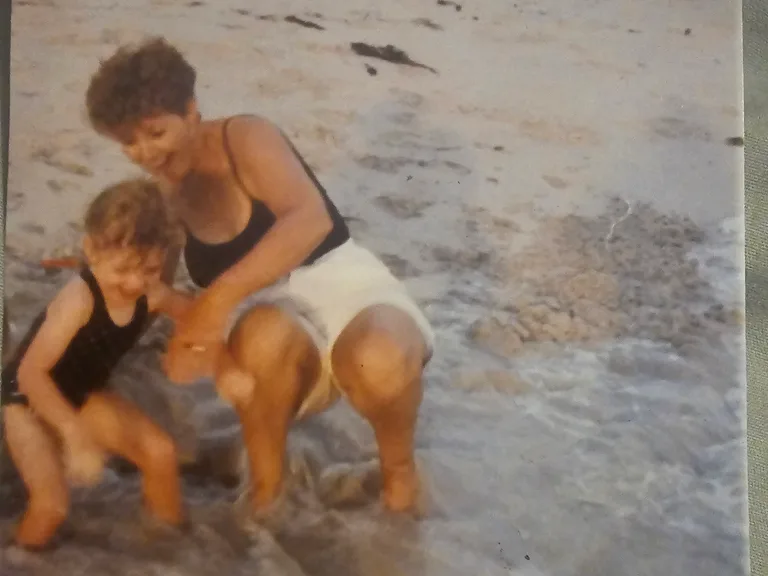
Then, when I was 19, Mum said, “Let’s move in together and look after each other.”
I got a job in a supermarket, where I met Jarod and we fell in love.
Over the years, Mum’s eyesight deteriorated, so I gave up work and registered as her carer.
I had to be her eyes and take care of the cooking, cleaning and shopping.
Around the same time, Grandad was diagnosed with dementia.
“I can’t look after him by myself anymore,” Nanna admitted. By now, she had sciatica, osteoarthritis and a nerve condition which gave her the shakes.
“You’re coming to live with us,” Mum and I told them.
It meant that, aged 25, I was caring for three people, but I didn’t hesitate – not after how they’d cared for me my whole life.
The role reversal was confronting at first. I had to be the one to bathe and feed those who had done the same for me as a child.

Nanna could still move around and help me a bit, but it was hard work. I had to make sure they took their medications and booked their doctor’s appointments, then Jarod drove them there.
Making friends was hard, as no-one my age understood why I did what I did.
When Grandad passed away in 2019, it hit us all hard, especially Nanna. They’d been together 58 years.
By now, her health was declining, too.
Jarod moved in with us in 2021, but he worked FIFO so I was on my own a lot.
That year, when we’d been together nearly 10 years, he took me out for a picnic, where he proposed.
“If you marry me, you marry my family,” I said.
“Absolutely,” he replied.
Nanna was so happy.
“I would love it if you were my maid of honour,” I said.
“Yes!” Nanna squealed.
We bought her a beautiful floral dress and on the day, we sang along to our favourite tunes all night.
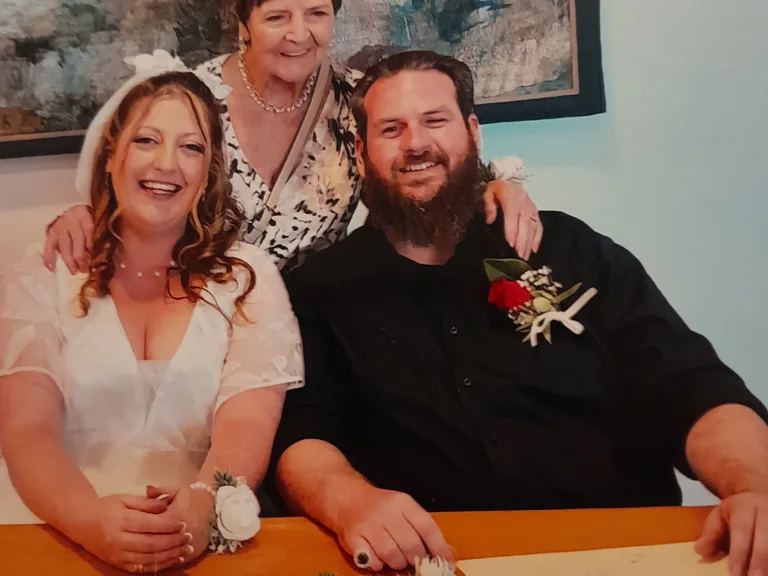
Now, I’m 35, and this is my 15th year of being a carer.
Mum moved out last year, so the carer’s payment for Nanna is $450 a fortnight.
The amount is lower due to my husband’s wages, but we barely have any money left over at the end of each month.
The small savings we do have are emergency funds dedicated to Nanna, 79.
And because I don’t get superannuation, I am scared about what I’ll do in retirement.
I constantly get looked down on for not having a regular job.
“Are you going to start working anytime soon?” people have said to me – not realising that I work around the clock.
My lower back and knees are damaged after all the heavy lifting I’ve done as a carer.
It’s an extremely lonely life.
The silver lining is that I get to spend time with my nanna, who’s enriched my life in so many ways.
I’m currently studying online part-time to get a Diploma of Community Services. But I often need to put my studies on hold to be there for Nanna.
I could never leave the care of my beloved grandmother to a stranger.
She’s my best friend.
“I have the most wonderful, caring and patient granddaughter,” Nanna says.
I’m so glad I get to be there for her when she needs me, but I wish the government would be there for us as well.
Sign our petition here.

